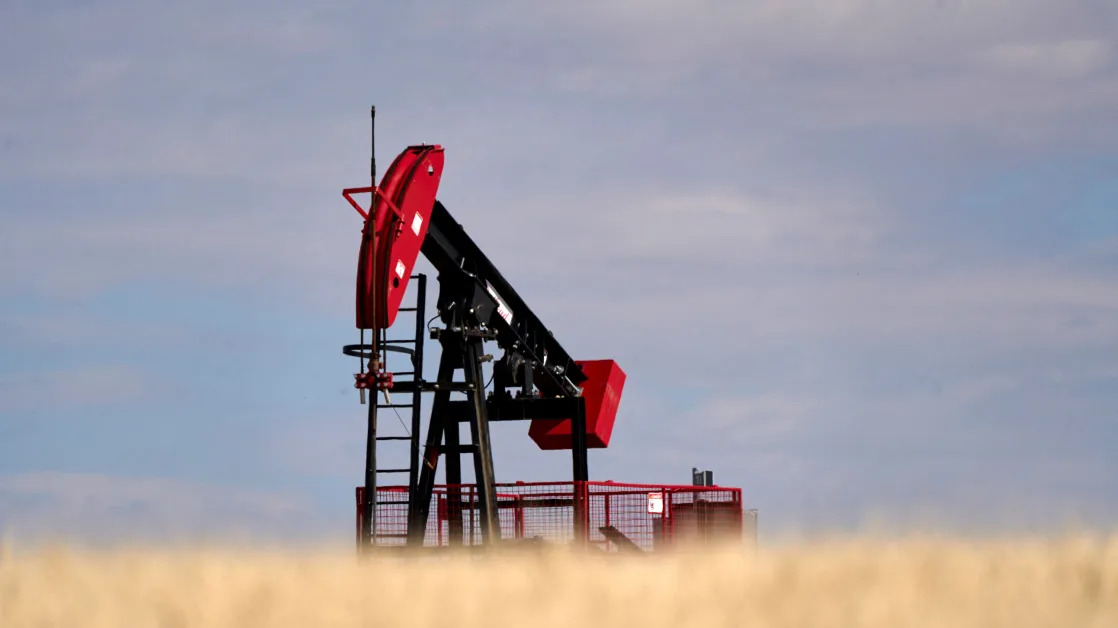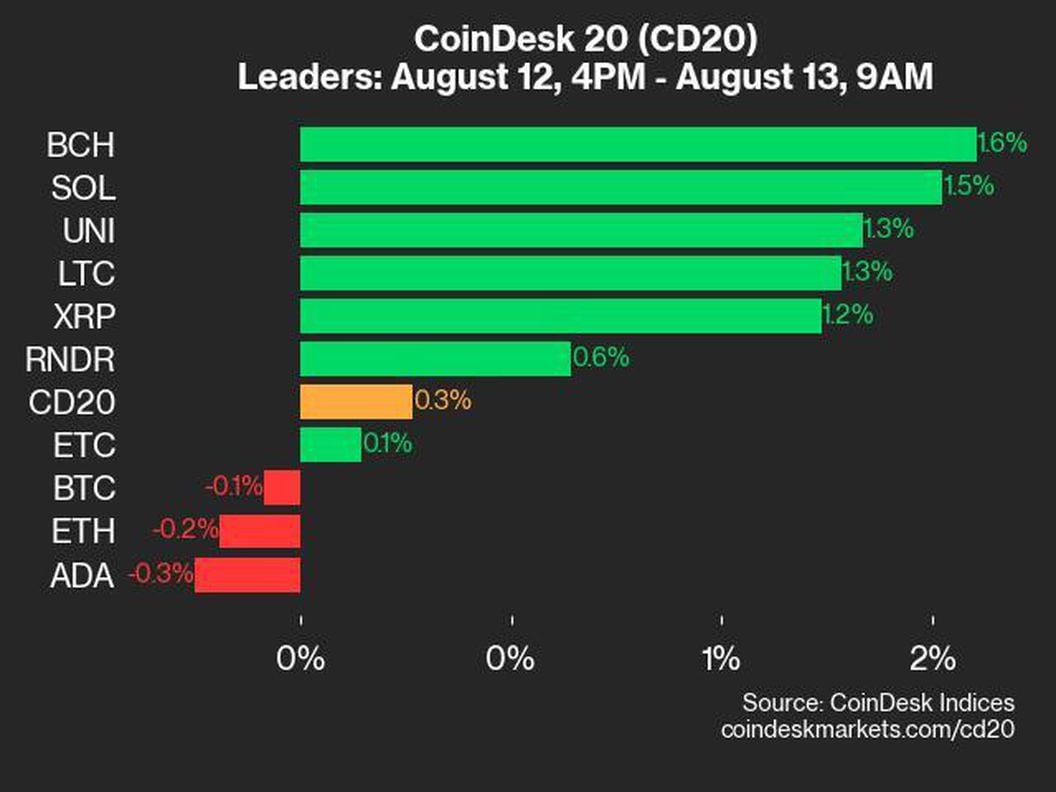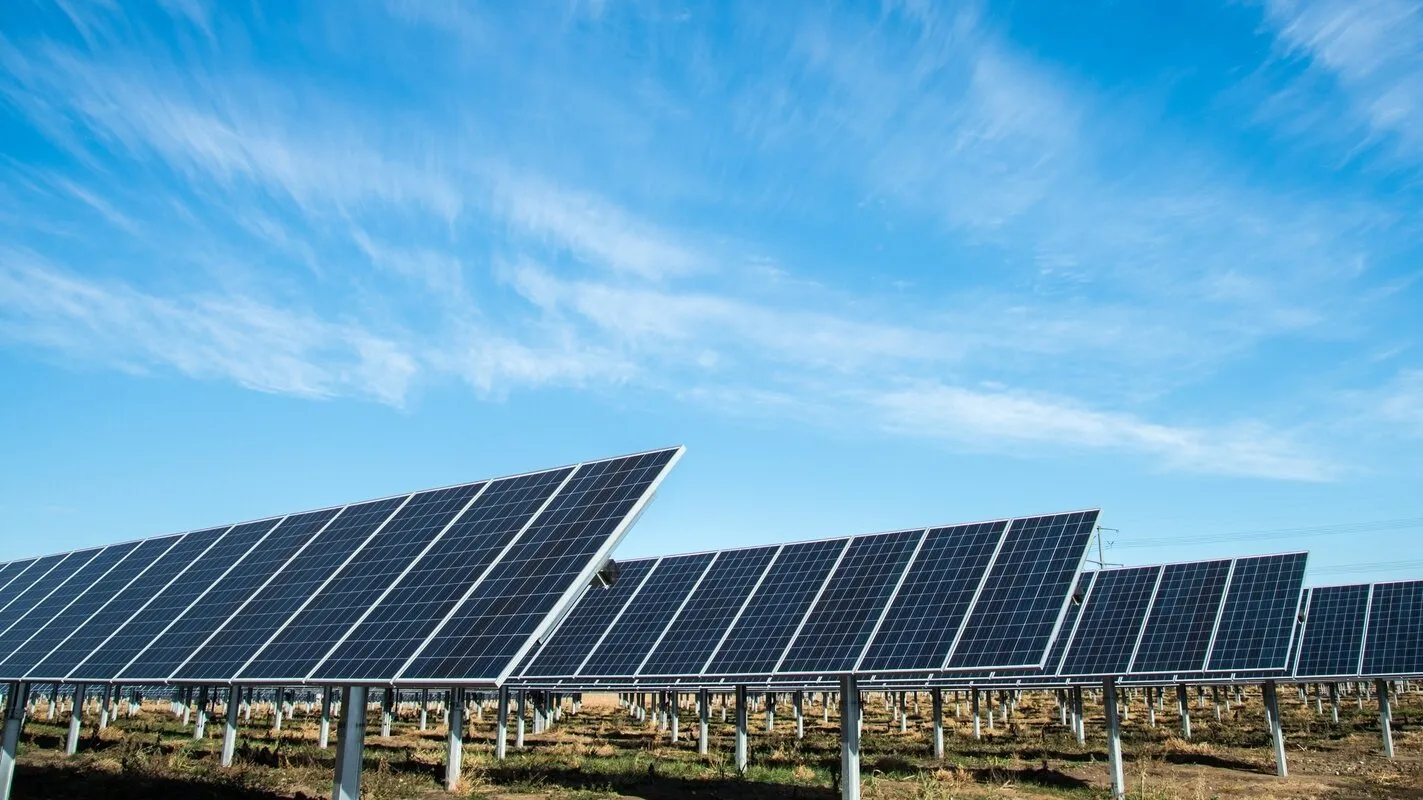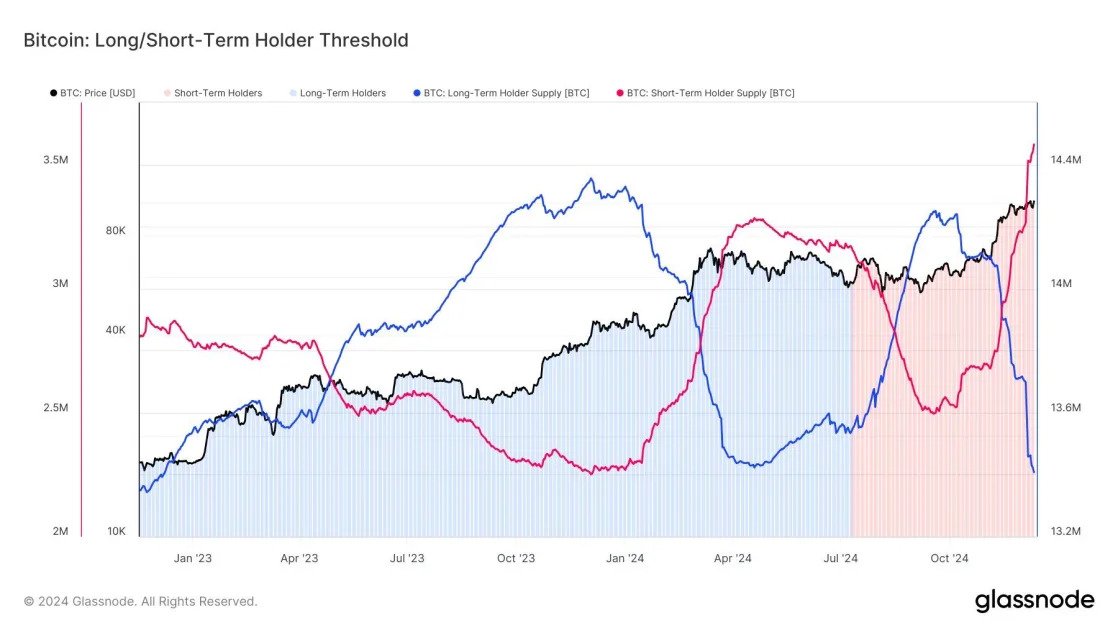The global energy landscape is facing a turning point as the demand for power surges, driven by the rapid expansion of artificial intelligence (AI) and blockchain technology.
Roundtable anchor, Rob Nelson, was joined by Todd Ruoff, CEO of Autonomys , to discuss how innovations in nuclear energy, AI, and bitcoin mining intersect to address this growing energy challenge.
Nelson highlighted the urgent need for more energy as AI evolves, pointing out the potential role of bitcoin mining in bridging the energy gap. “Bitcoin mining is a powerful source of energy manufacturing and could probably add a lot to that in at least the relatively shorter term as we start needing a lot more energy to run all this AI,” he said.
Ruoff emphasized the synergy between bitcoin mining and AI infrastructure. “You’re seeing some of the AI infrastructure, the bitcoin mining infrastructure being repurposed for AI because it may be conducive to that,” Ruoff explained. He also noted that the shift toward greener energy sources are an essential byproduct of this technological evolution. “Fortunately, one of the byproducts of bitcoin has been all the green renewable energy that’s been sourced lately,” he said.
Ruoff further explored the role of nuclear power, stressing its significance in meeting future energy needs. “Nuclear is certainly going to be a big part of that, and if you look at the U.S. compared to some of these other countries like China, we really haven’t done much in terms of evolving our nuclear infrastructure in the last 20 to 30 years,” he stated.
Nelson expressed curiosity about AI’s potential to solve complex problems like nuclear fission, describing it as "the ultimate clean energy." He asked, “Is AI at the point yet where it can start helping solve complex problems like that? Or do we need to go another generation forward before we would be able to come in and help the greatest physicists in the world?”
In response, Ruoff cited the groundbreaking application of AI in biochemistry, referencing a Nobel Prize-winning project powered by Google DeepMind. “This is leading them to be able to do certain types of sequencing with molecules and solve problems that were never solvable. This is going to enable us to cure a lot of diseases and so forth in the future,” Ruoff noted, highlighting AI’s transformative potential.






